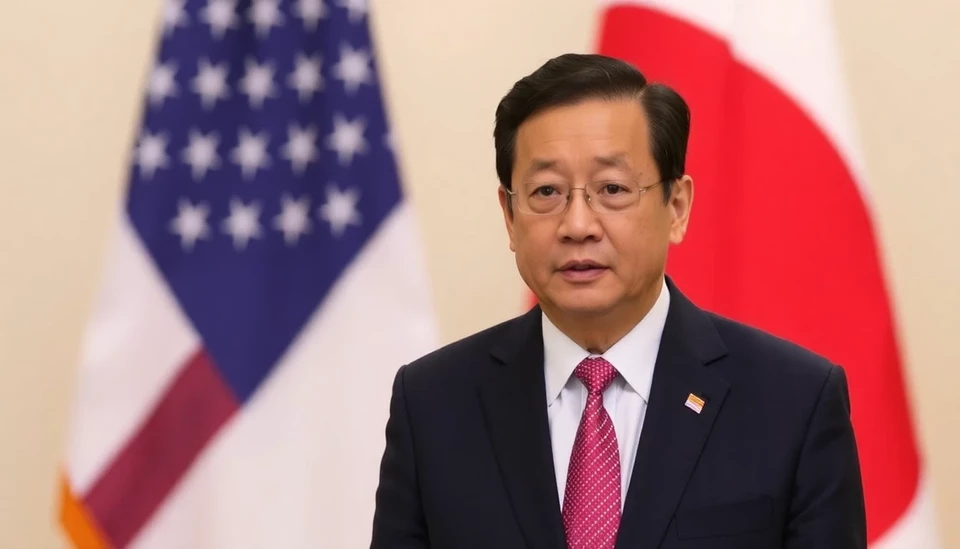
In an unexpected policy move, Indonesia's central bank announced a surprise interest rate cut that has left investors grappling with uncertainty in the bond markets. The decision, which came as a shock to many analysts, was aimed at stimulating the country’s economic growth amid rising global pressures and inflation concerns.
The Bank Indonesia (BI) reduced its benchmark rate by 25 basis points to 5.75%, marking its first cut since early 2023. The central bank's governor, Perry Warjiyo, indicated that this proactive measure was necessary to support the economic recovery as the nation faces challenges such as weakening consumer spending and declining exports. This pivot in policy is reflective of the bank’s commitment to bolstering Indonesia’s economy, which has been under pressure due to global economic slowdowns.
Market reactions have been swift and varied. On one hand, the announcement has fueled a sell-off in government bonds, as investors reassess the economic outlook and the potential for future interest rate cuts. This uncertainty has led to increased volatility, with bond yields experiencing upward pressure. The Jakarta Composite Index also fluctuated, reflecting the cautious sentiment among investors navigating these choppy waters.
Analysts had largely anticipated the central bank would maintain its current rate stance, especially considering that inflation has been above target levels for several months. However, the BI's decision underscores a strategic shift towards prioritizing economic growth over curbing inflation in the short term. This decision signifies a balancing act that the central bank is prepared to navigate, especially as global economic conditions remain unpredictable.
Market experts suggest that the rate cut could provide short-term relief for Indonesian consumers and businesses, potentially boosting spending and investments. However, there are growing concerns regarding the implications for inflation, as a lower interest rate could contribute to upward pressure on prices. Furthermore, foreign investors may weigh their options carefully, particularly regarding currency risks and the overall health of the economy.
In light of this recent development, investors are being advised to stay vigilant as they monitor more indicators of economic performance. The upcoming economic data releases and potential comments from the central bank will be crucial in shaping market expectations moving forward.
As Indonesia navigates through these uncertain times, the outcome of this surprise rate cut will likely influence not only domestic economic conditions but also broader trends in the Southeast Asian financial markets. The balance between stimulating growth and managing inflation will be a delicate one, and all eyes will be on Bank Indonesia as it charts its course in the months ahead.
#Indonesia #InterestRateCut #EconomicGrowth #BondMarket #CentralBank #FinanceNews #InvestmentUncertainty
Author: Rachel Greene




